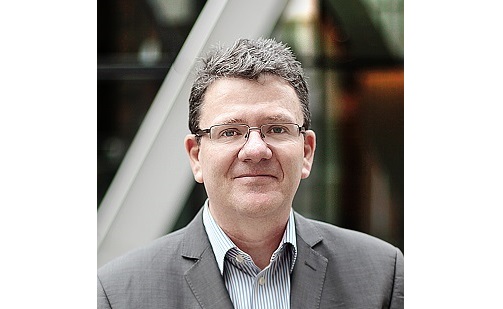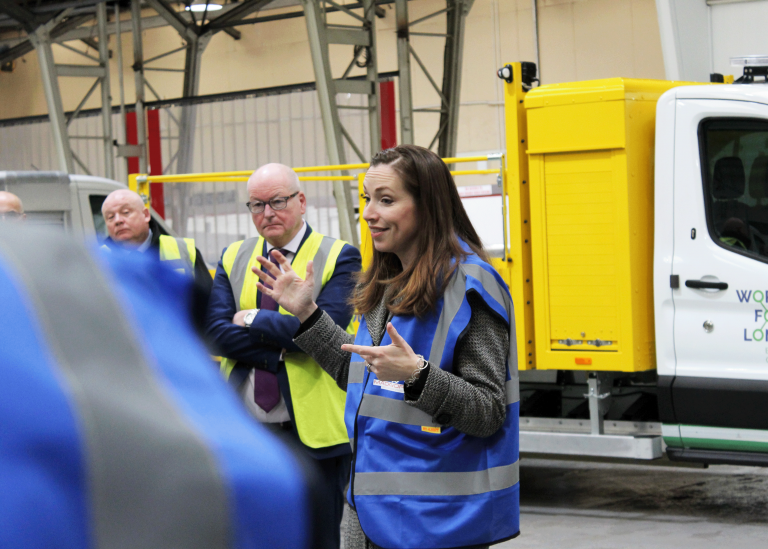The Town Deal proposals to improve Long Eaton Town Centre have been unveiled today (6 January).
The plans include:
- Remodelling High Street to make it a visitor attraction in its own right, with a new central square, architectural features, greenery, more seating, and features to celebrate the local furniture industry and local celebrity Dame Laura Knight
- Widening the pavements along Tamworth Road and Market Place from Broad Street / Salisbury Street to Oxford Street
- Providing new dedicated blue-badge parking on the old back-market and in existing car parks, and improving the access from parking areas to shopping streets.
Proposals to celebrate Long Eaton’s globally important upholstery industry include street furniture in the design of sofas and armchairs, whilst groundbreaking war artist Dame Laura Knight, who was born on Union Street, is to be the subject of a featured trail.
The aim of the improvements, which are funded by UK Government, sponsored by Erewash Borough Council, managed by Derbyshire County Council and designed by highway engineers Galliford Try and BWB, is to make the town centre a more attractive place to visit and spend time in.
That in turn is expected to not only improve the viability of existing town centre businesses, but to help attract the new generation of high street entrepreneurs needed to serve Long Eaton into the future.
The project is based on consultation with the local community in 2020 which found support for improving the town centre, including through more planting and improved seating. That in turn formed part of the proposals of the Long Eaton Town Deal Board that were submitted to UK Government in 2021.
It has been a long process to get to this point, including further targeted engagement with taxi drivers, street traders, market traders, high street retailers and blue badge parking users which has informed the design.
The on-line proposals are now open to public comment from 6th January to 16th February 2024, with two drop-in sessions at Long Eaton Town Hall from 2pm to 8pm on Thursday 17th January and Monday 20th January.
Councillor Curts Howard, Lead Member for Town Centres, said: “It’s very exciting to finally be unveiling our £10 million high street upgrade. A new look and feel for our town centre will be good for local business, and for local residents. I’m looking forward to getting work started in the town centre this autumn.
Derbyshire County Council’s Cabinet Member for Clean Growth and Regeneration, Councillor Tony King, said: “I’m pleased that we are now able to share the plans with the people of Long Eaton. What is planned will make a major change to the town centre for the better. I would urge everyone to come along to the events to find out more, and let us have their views.”






















